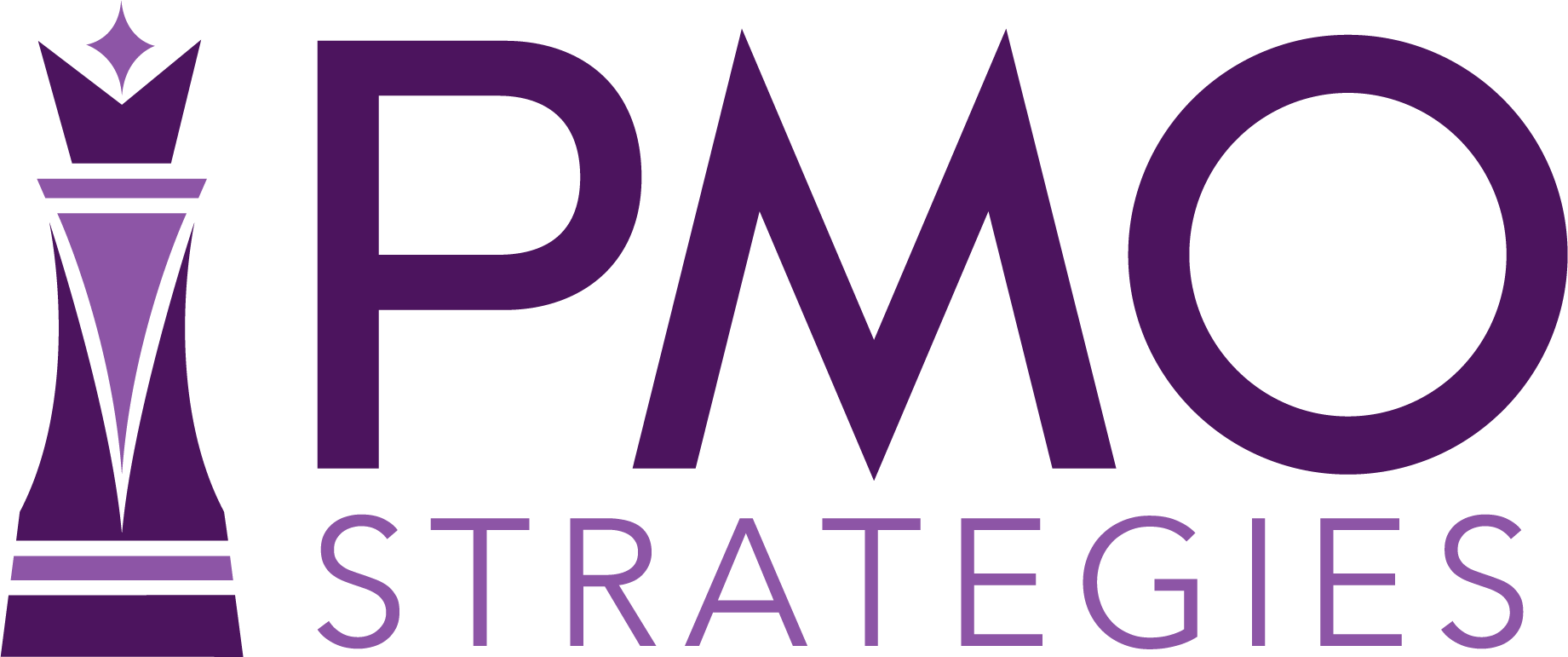The People of the PMO
Building, transforming, rescuing, and running PMOs requires a constant focus on developing and leading the right talent. For more than 20 years, I was in the role of a hiring manager and in that time, I had thousands of resumes come across my desk and conducted countless interviews. I found that there are some specific characteristics to look for in the resume and in those early phone conversations that can tell you a lot about who they are before you ever meet them face to face. Then, once you do spend time with them in person, you can go deeper with them to learn if they are going to have what it takes to drive real change with you. Here are some of the key ingredients I looked for when hiring PM/PPM/PMO talent.
What qualifies someone as a superstar?
They typically have at least one certification or advanced education program under their belts. Keep in mind, certifications matter, but only so much. Whether it’s the PMP or another continuing education certification or degree, I’ve noticed that the people that are really into developing their skills and staying in a constant growth mode will usually have some kind of designation or credential. These are the kind of people that like to continue to grow and further their capabilities to advance their careers and having that degree or credential is a good indicator they are looking to grow.
Not only does this show that they have a leaning toward their own career development and improvement, but it allows your team to have a common language when they communicate. That saves a lot of time in translating when you are asking them to share information or help each other with a project. With that said, that only gets your resume in front of me. It doesn’t determine whether or not I will hire you.
They are a relationship builder. In order to be competitive and the kind of person I want to hire, they have to have really sharp communications skills and have the ability to influence anyone to do anything. As silly as it sounds, they also have to be…well…likable. I’ve seen some of the sharpest minds lose an entire audience by not being able to reach them on a personal level. Where the rubber really meets the road is on the soft skills side.
They can communicate and managing expectations. While interviewing for new PMO team members, one of my superstar team members was asked by a candidate what I was like to work for. He said, “That’s easy. Just do what you say you are going to do. Manage her expectations! She’s savvy and will know if you aren’t being straight with her. Be realistic, ask for help when you need it, but set the bar where you think you can reach it. Setting the bar too low is just as bad as setting it too high.” This is what the right talent knows. Expectations management is, above all, the best way to manage up.
They are change agents by lifestyle, not just job title. The right talent embraces and thrives on regular change and can lead others through change. I’m not talking about project change only here. Great change agents are continually growing and evolving in their personal lives and know how to “live” change. They have some kind of regular self-development or other interests outside of work that regularly challenges them to do more, be more, drive more, and that gives them that well rounded and “ready for change” attitude that carries over into the work that they do. It’s so much easier to help people through the process of change on your project teams if you are comfortable with change in your own life. Who better to sit with your customers and help them live through a change than those that do so continually?
They have the ability to show empathy. Empathy is key to be able to meet the customer, client, and/or project team member where they are, not where they’d like them to be. The right people instinctively know this and constantly puts themselves in the shoes of their stakeholders.
They have a keen spidey-sense. The right hire has the ability to address the needs of the stakeholders before they even realize they have the need. The ability to get into someone’s head and understand what their motivators are and how you can leverage individual motivations toward common project goals is truly an art. This allows them to know who they need to be for each audience. The executive wants to know the bottom line. The project team wants to know that they have someone watching their back. The customer wants to know that they are going to get what was promised. The PMO leader wants to know that the stakeholders are all getting what they need and that the projects are getting delivered. The talent that will be most helpful to you and your team is going to have an inherent sense about what needs to get done and how to get it done in a way that keeps everyone happy and productive.
When you find them, you have to keep them…happy.
Finding that right talent. Instead of trying to go it alone, leverage the superstar talent you already have to help you interview new candidates. Good talent knows good talent when they see it. And speaking of good talent, make sure you are hiring for diverse strengths. You need a diverse set of skills in order to apply different types of people to different situations.
I’ve been fortunate enough to find this talent in my career and when I do, I find ways to work with them again and again. Who wouldn’t want to have these people on their team? They meet with their stakeholders, rally them around a goal, keep everyone moving and feeling good about it because their own personal needs are being addressed, and get things done…on time and as expected.
With the kind of talent described above, you can safely let go of the reins and trust them to get the job done. Isn’t that what we are all looking for?
Coming Up Next…
Be sure and come back next week, for Part 3, when we learn how to align with what matters most.
Thanks for taking the time to read this article.
Click here to receive these blog posts right to your inbox.
Fill out our one-minute survey if you have topics you would like to see on this blog in the future.
I welcome your feedback and insights. Please leave a comment below.
See you online!
Warmly,









